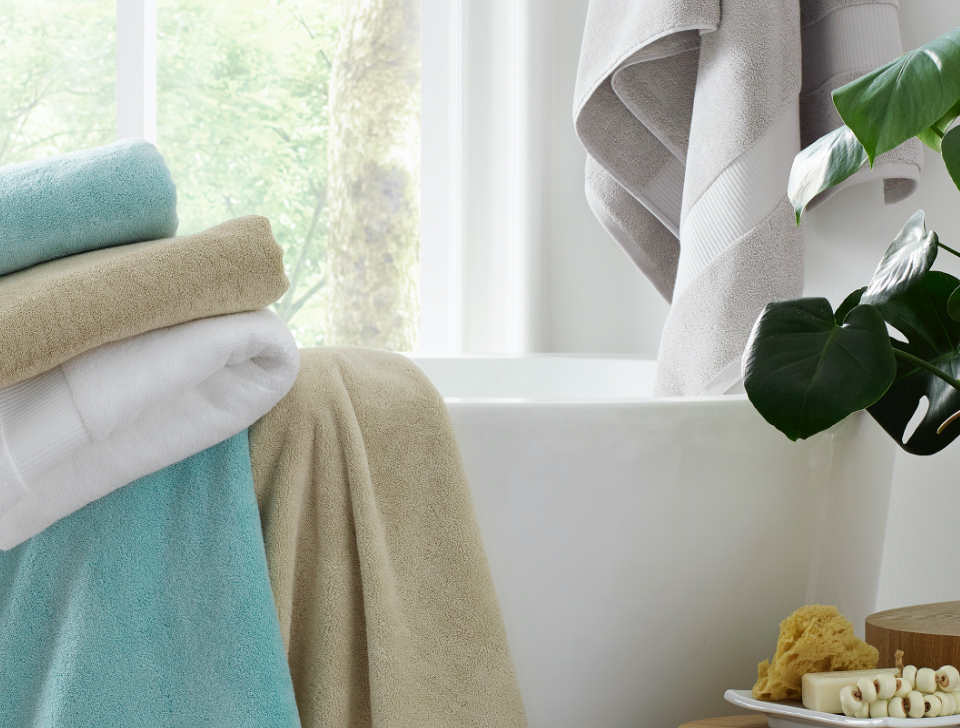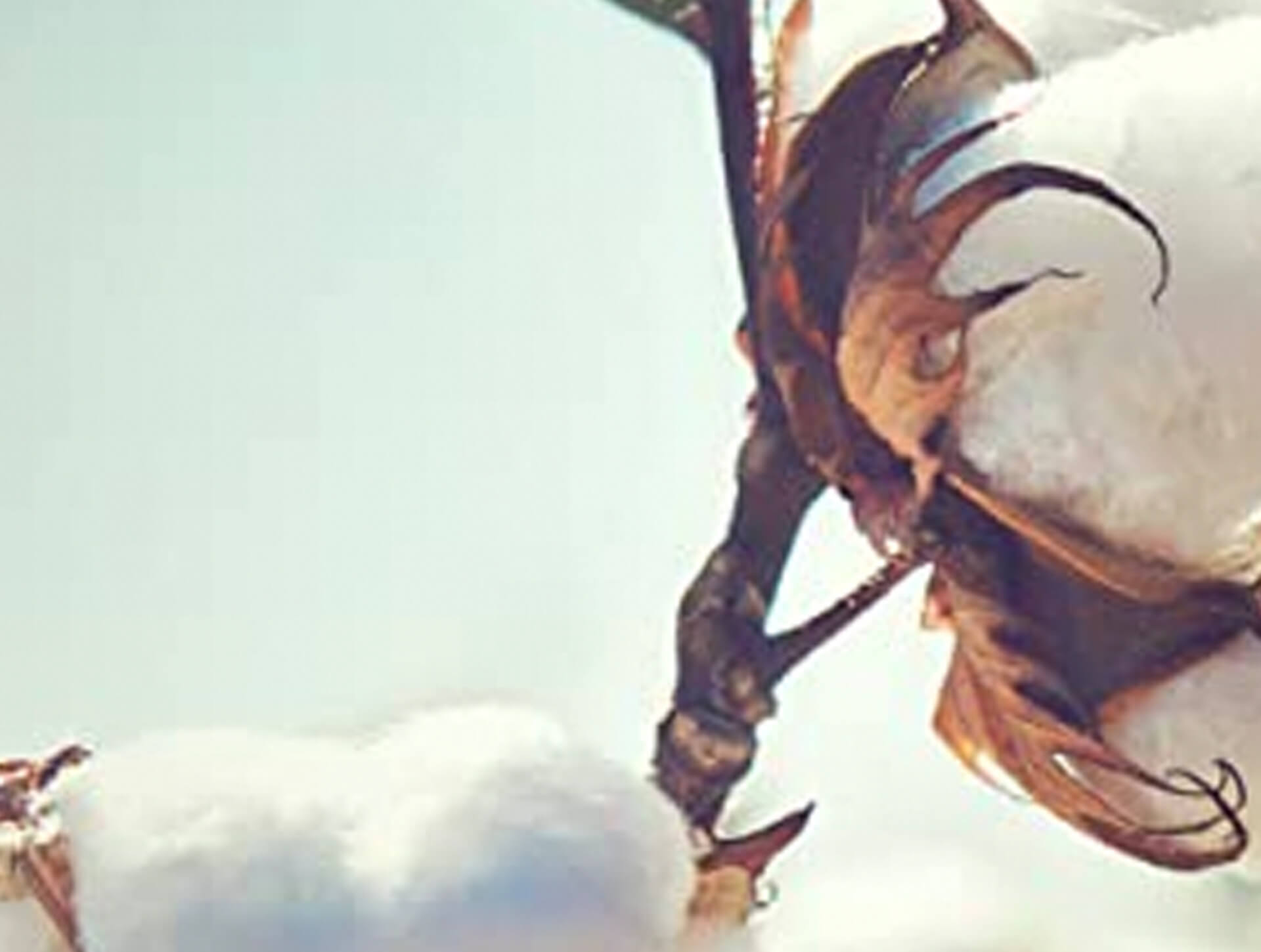For the past 5 years, we’ve pushed ourselves to evaluate, adapt, and design industry-leading approaches to lessen our environmental footprint in every single step of our process. From sourcing, manufacturing, and even post-life of our textile, our goal is simple: to do our part in creating a better future for people and planet.
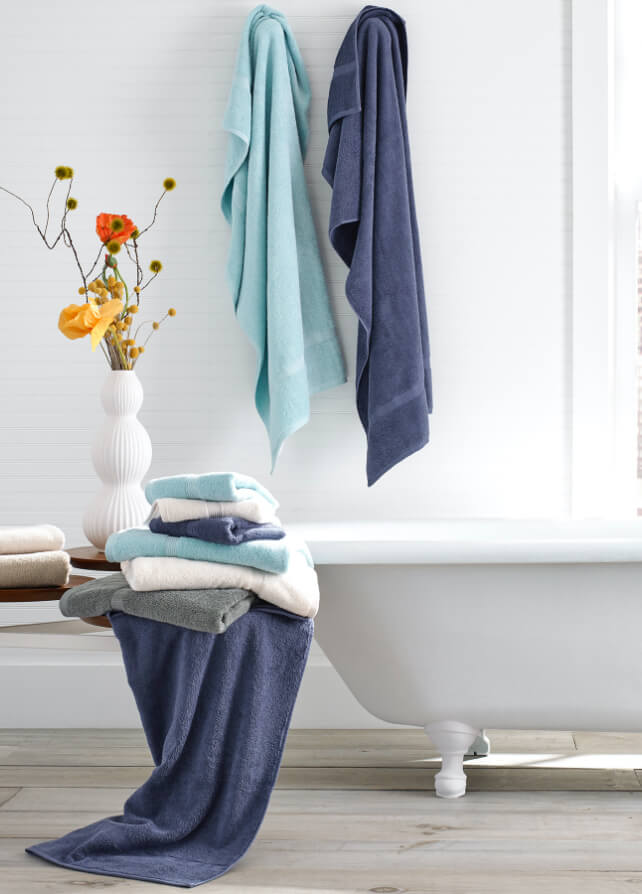
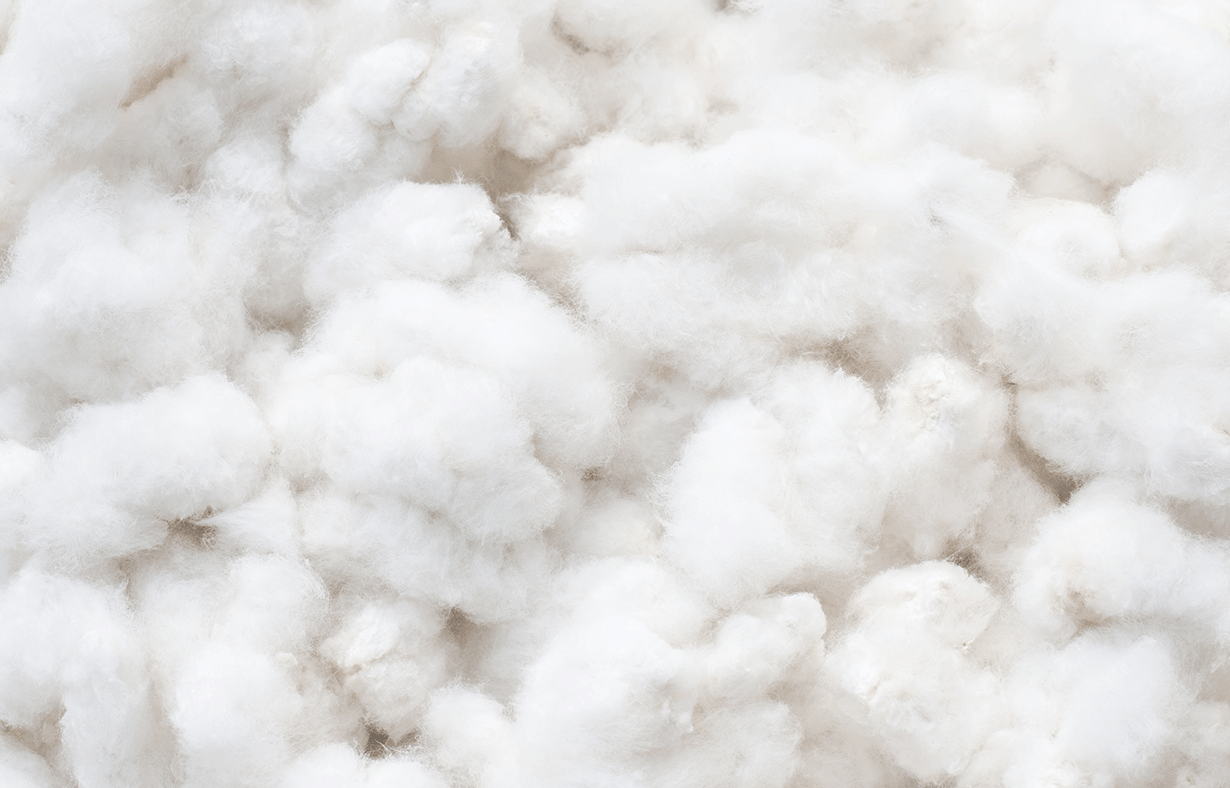
Pre Consumer Waste
Utilization of unused cotton and leftover materials in the manufacturing process.
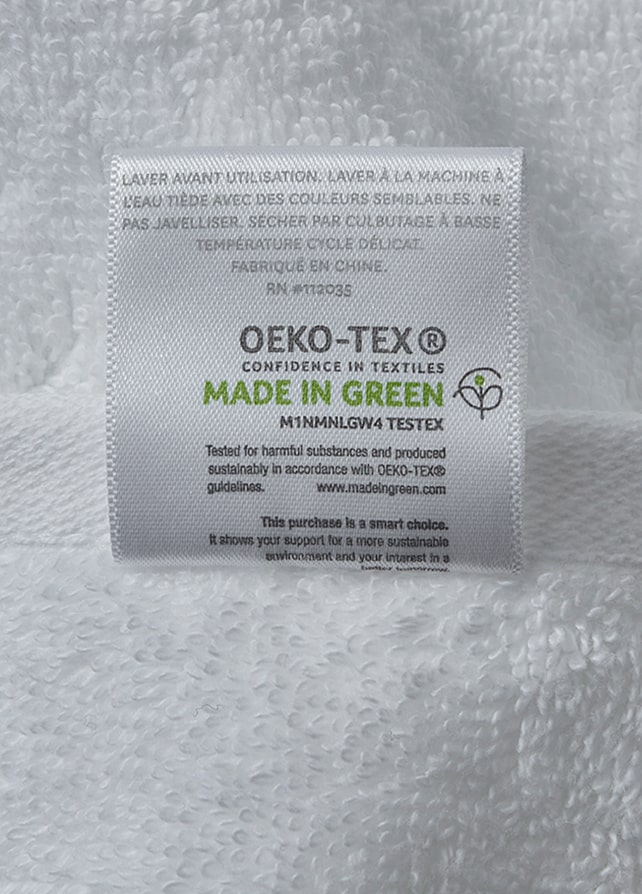

OEKO-TEX®
Assurance that our products are made without harmful chemicals.
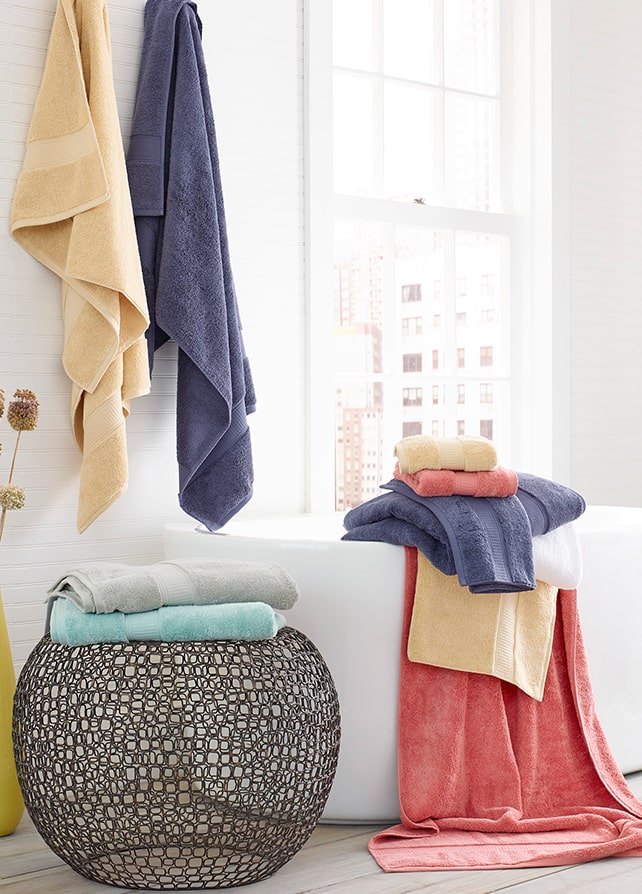
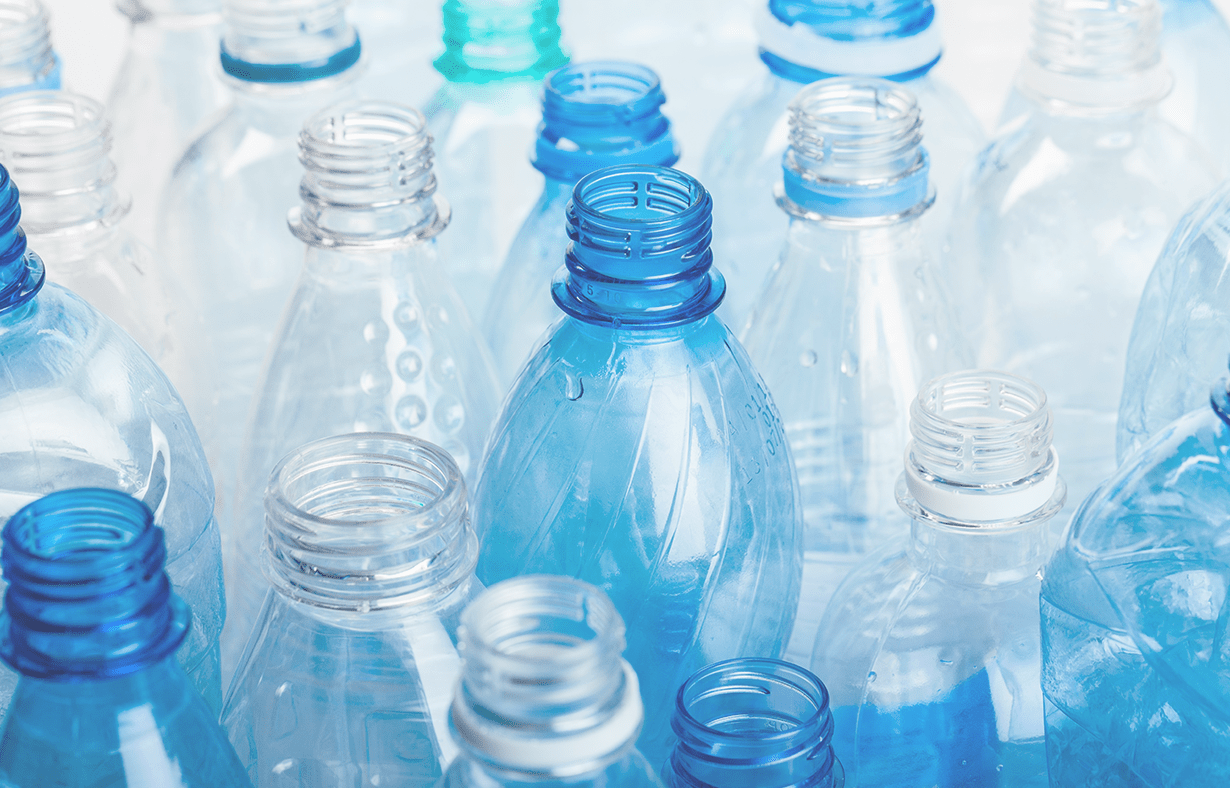
Recycled Polyester rPET
Recovered bottles, bags and ocean plastics are reprocessed into new and reusable polyester fibers.
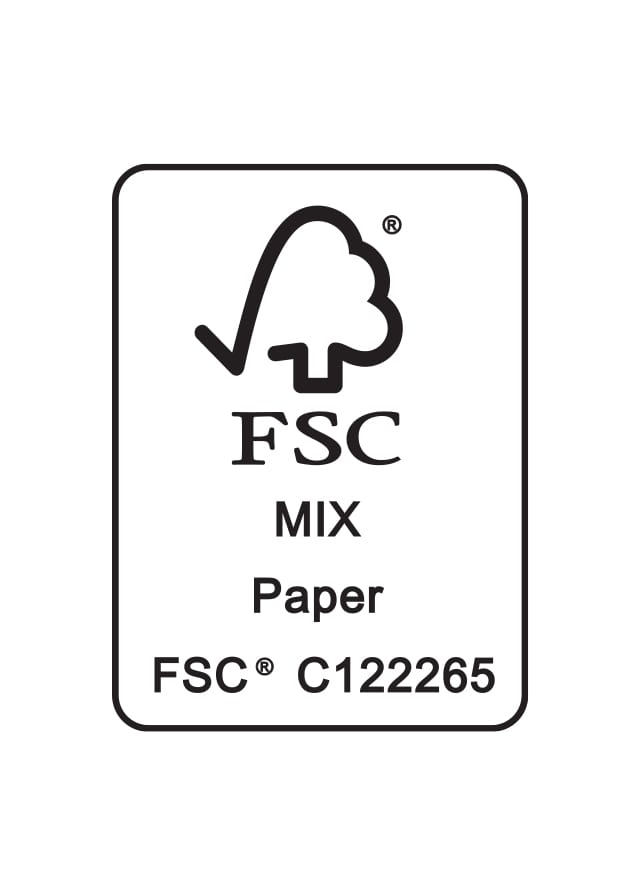
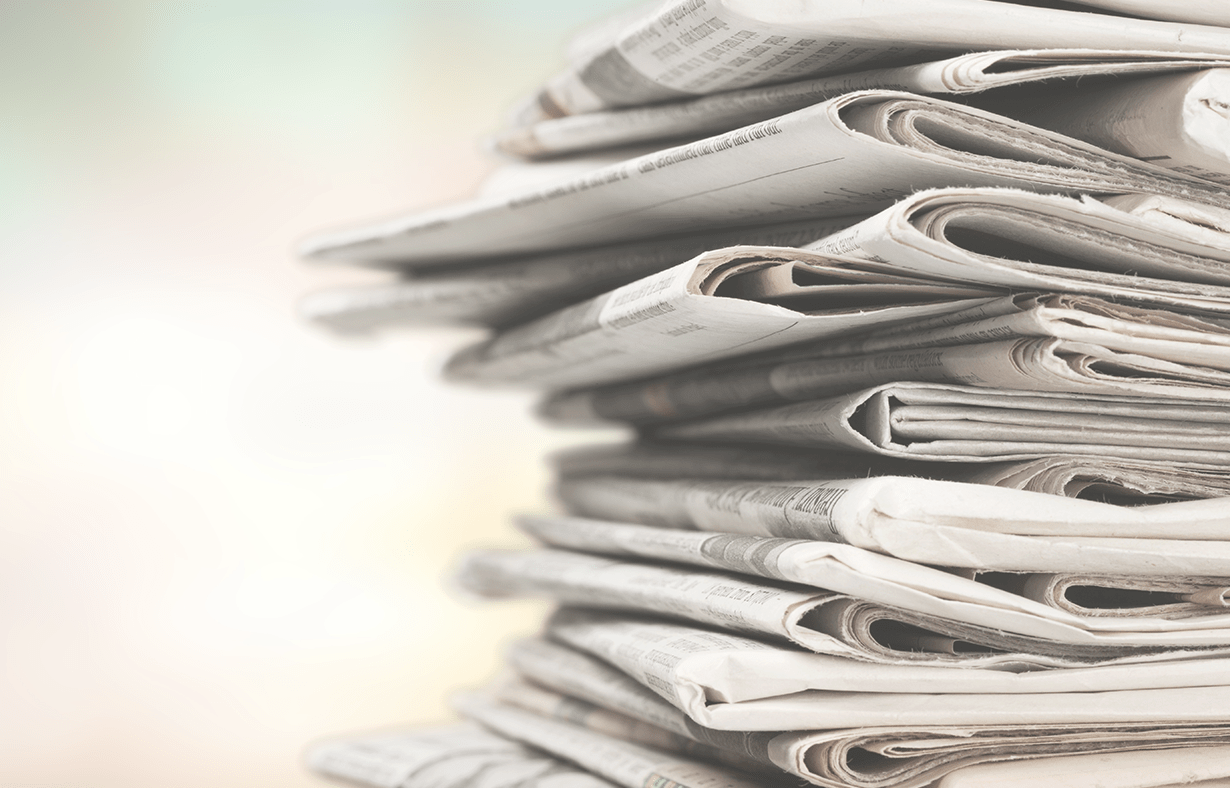
Packaging
Paper labels are created from recycled paper.

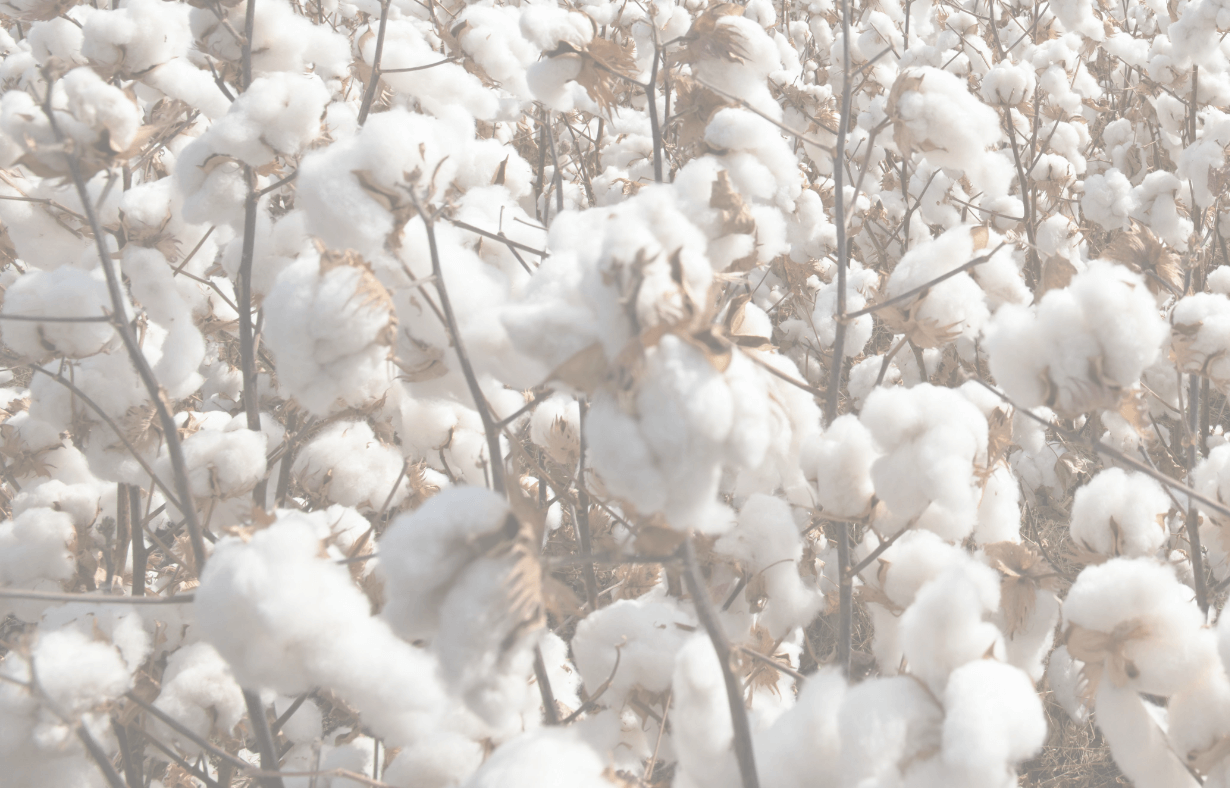
BCI
The Better Cotton Initiative exists to make global cotton production better and more ethically sourced for the people who produce it and for the environment it grows in.

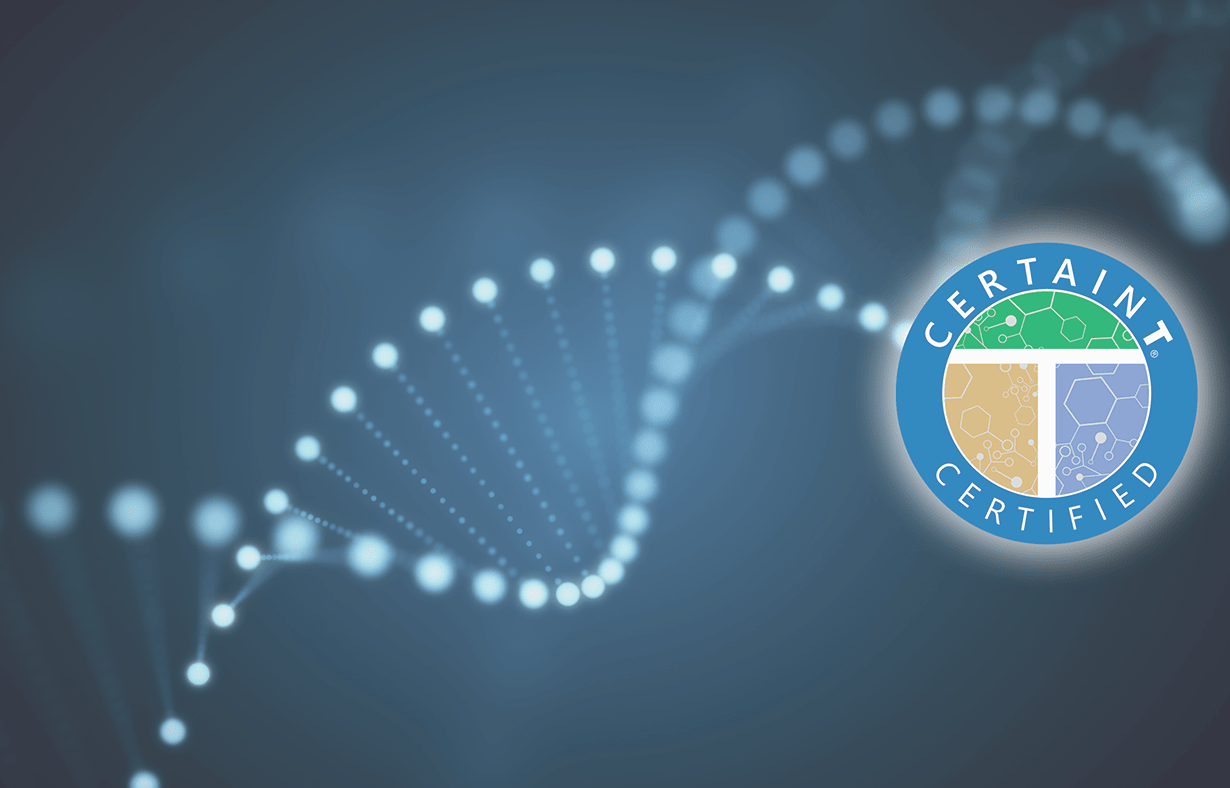
CertainT®
DNA traceability verifies that authenticity of recycled polyester and the original manufacturer.
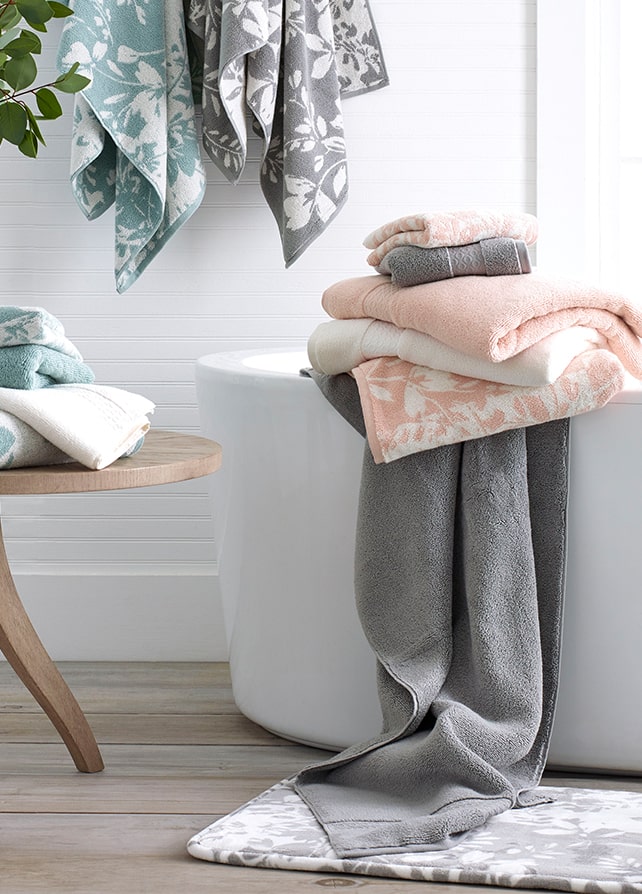
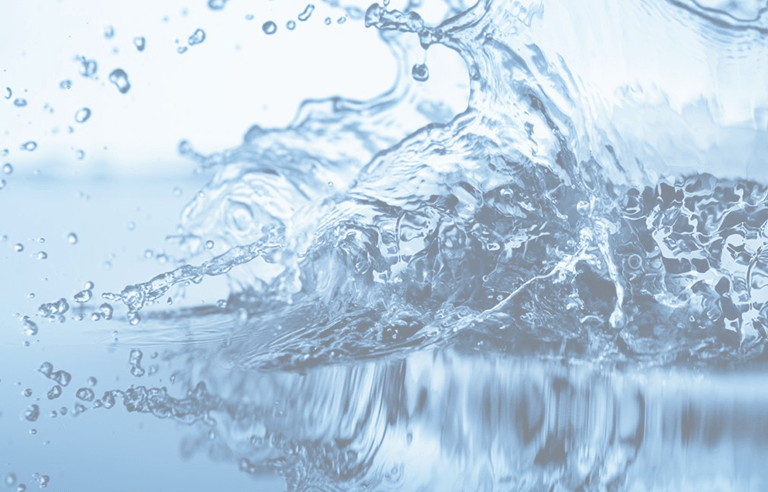
Water
Loftex fully cleans and removes chemicals and debris from the water used in the manufacturing process and returns it to our own storage reservoir.
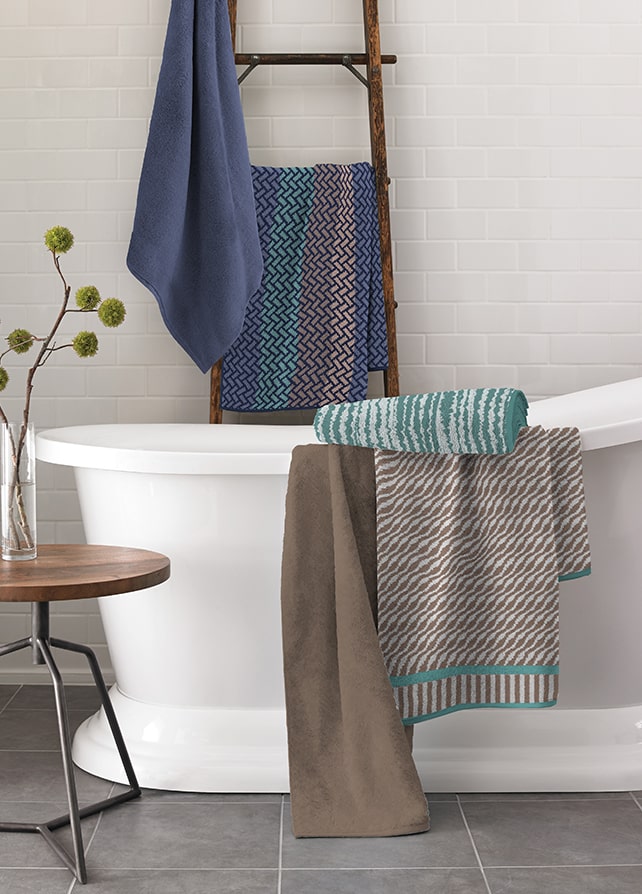
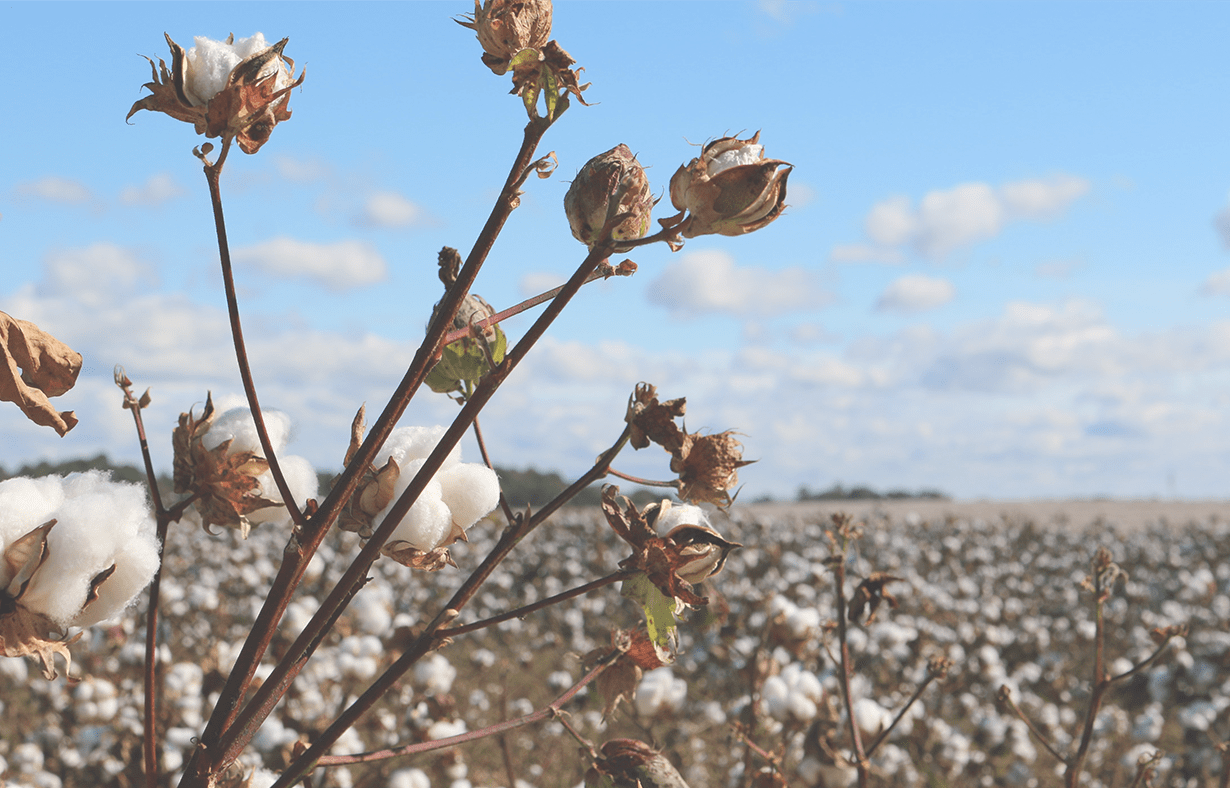
GOTS Certified
Global Organic Textile Standard (GOTS) is the worldwide leading textile processing standard for organic fibers, including ecological and social criteria.
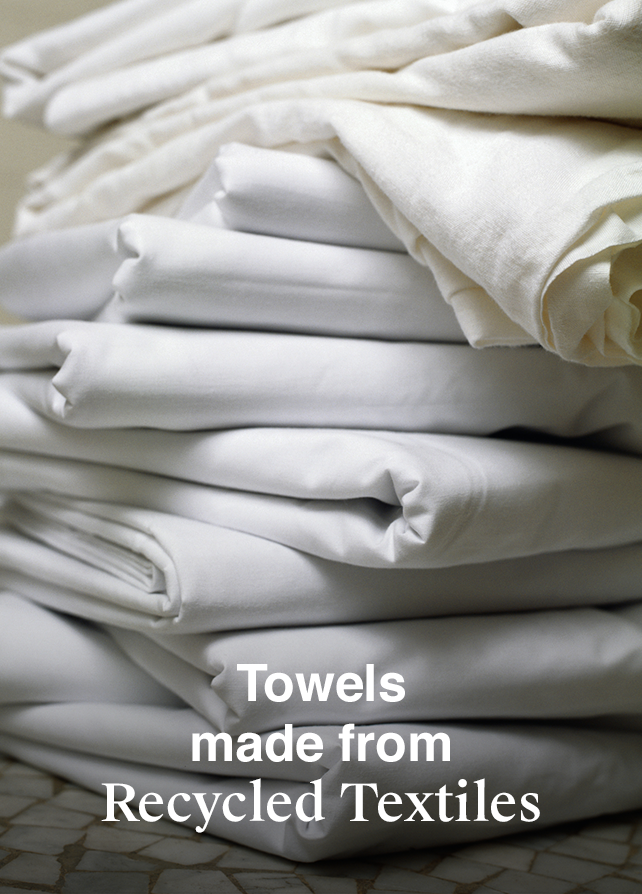
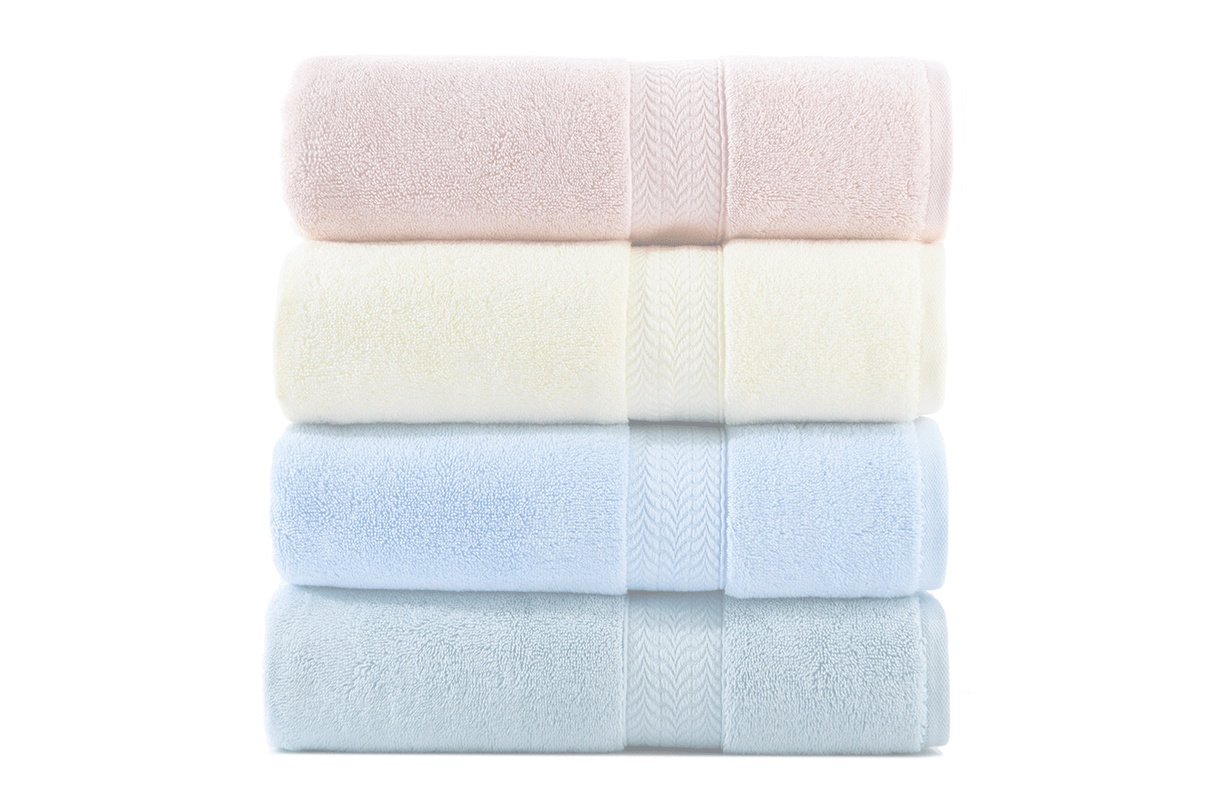
Post Consumer Waste
Reimagining products that have been used by a consumer, disposed of, and diverted from landfills and recycled into new fibers to be reused in future consumer products.

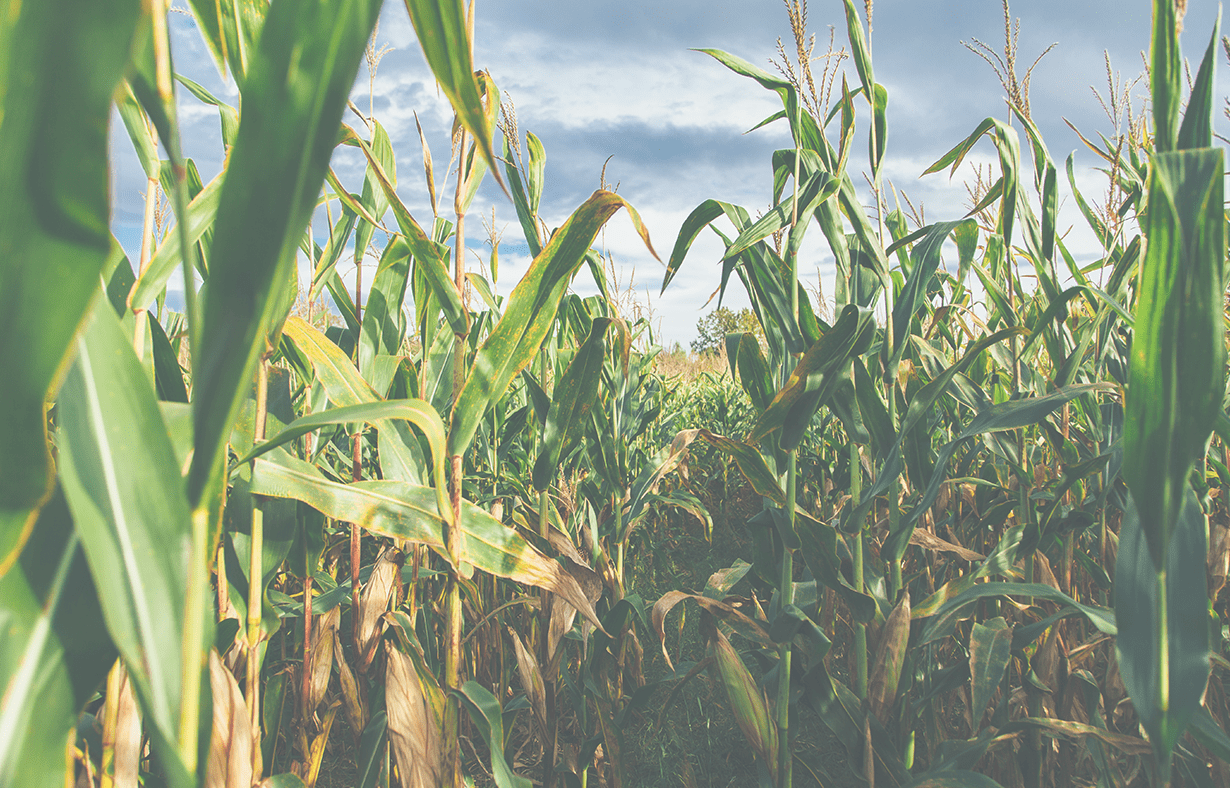
Innovative
Fibers
Development and use of fibers derived from recycled polyester, pre-consumer and post-consumer waste or natural plant-based fiber.
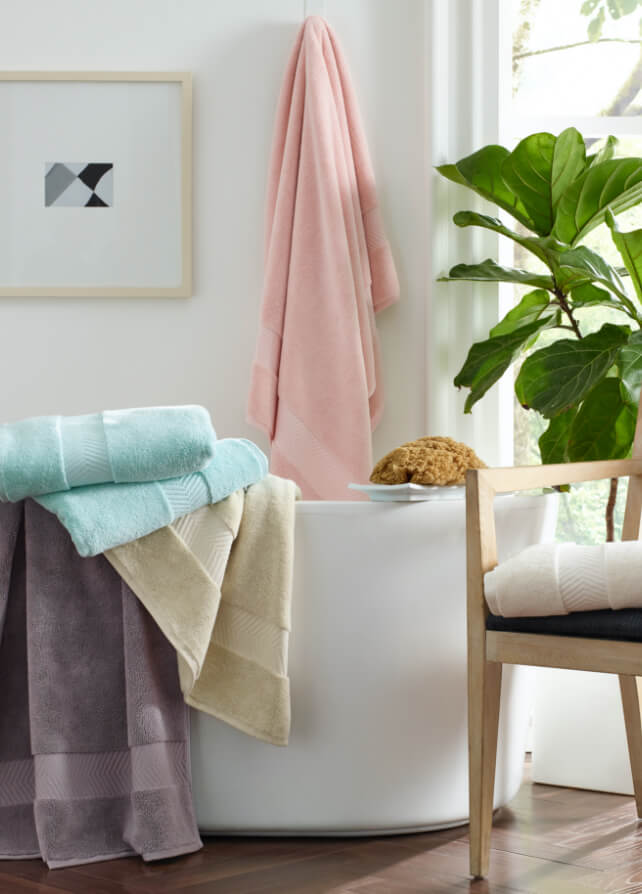
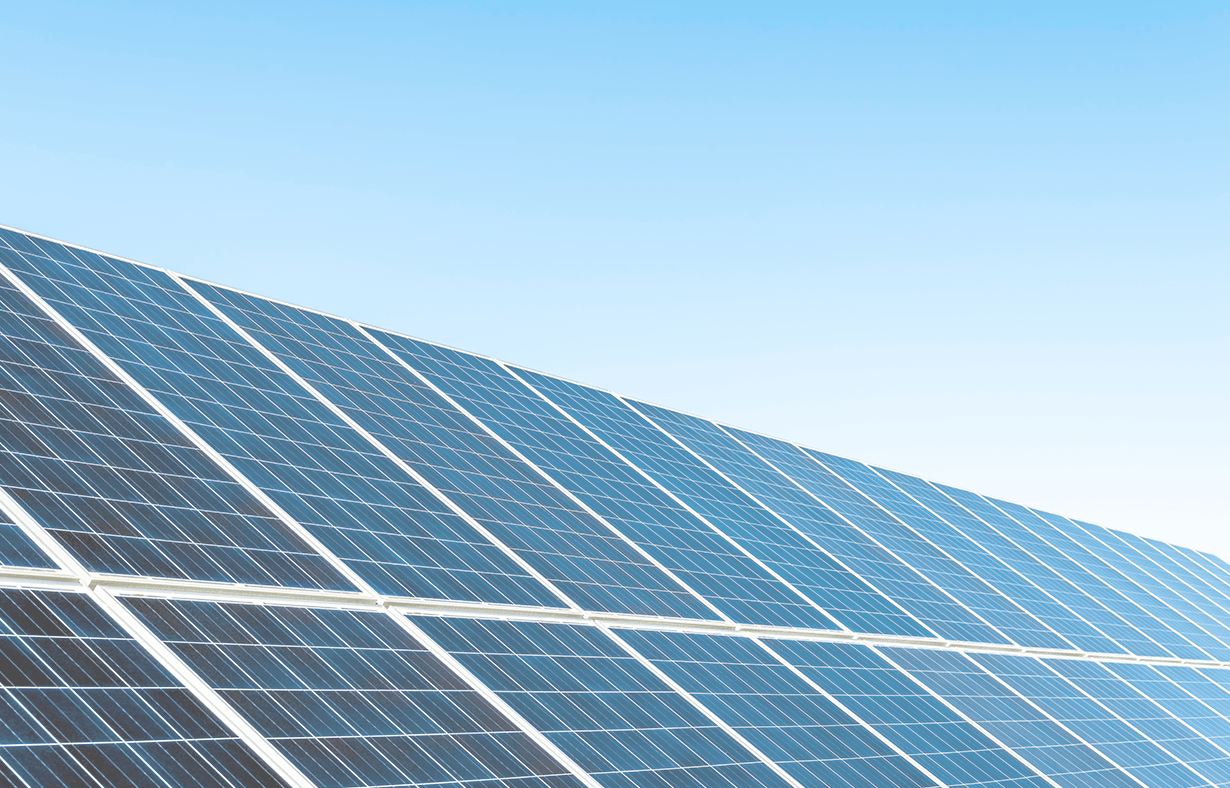
Solar Power & Generating Electricity
Solar power sources augment high efficient power generated from more traditional clean-fuel, high-efficiency sources.
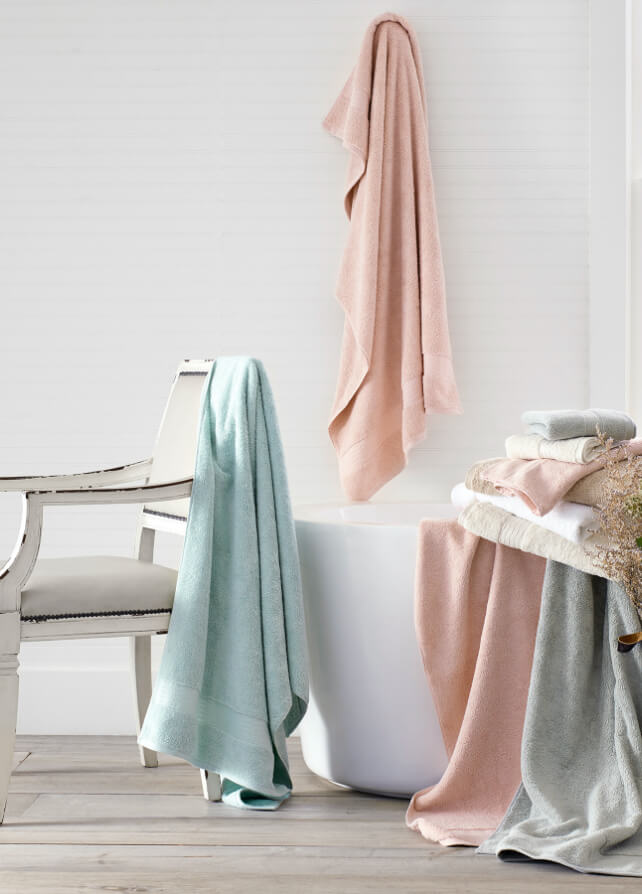
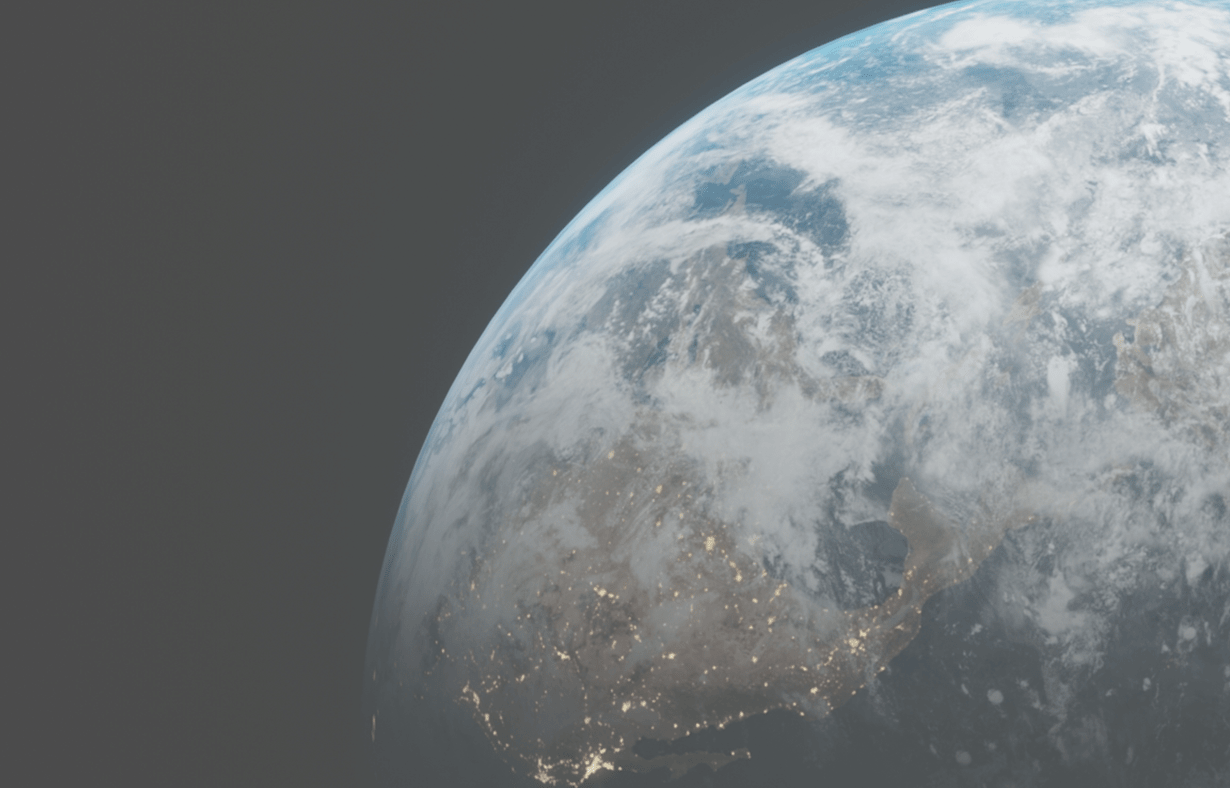
Sustainable Manufacturing
Delivering manufactured products that use processes that minimize negative environmental impacts, conserve energy and natural resources, are safe for employees, communities, and consumers.
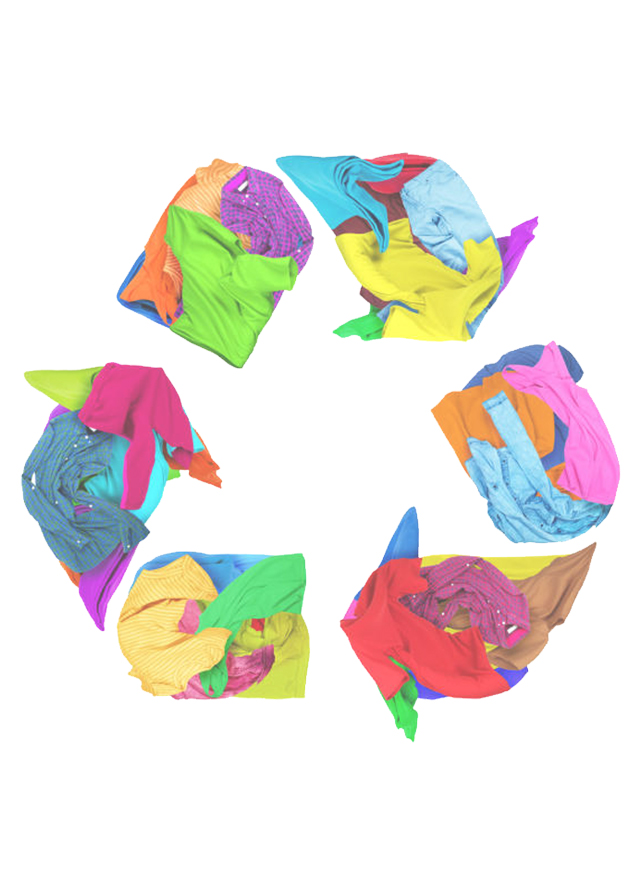
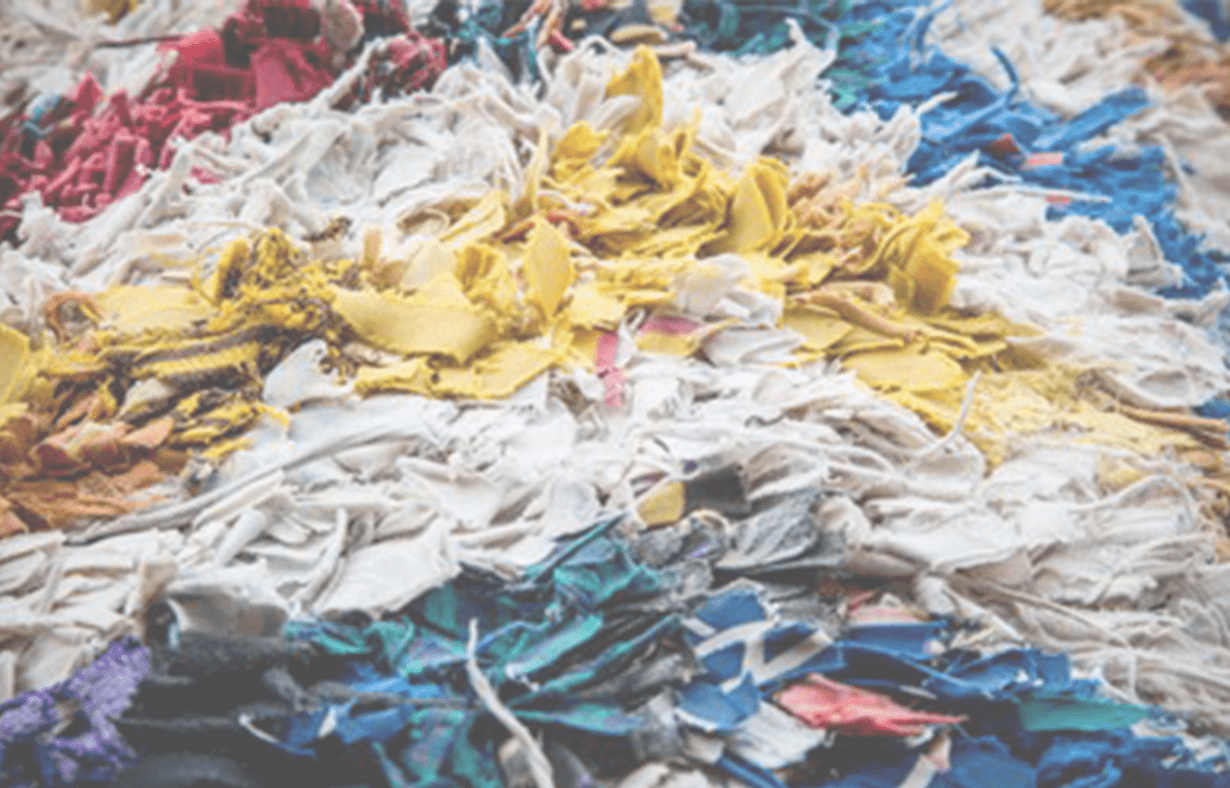
Post Consumer Recycling
Working with waste management businesses, retailers and state and local governments to develop the recycling process for textiles.


